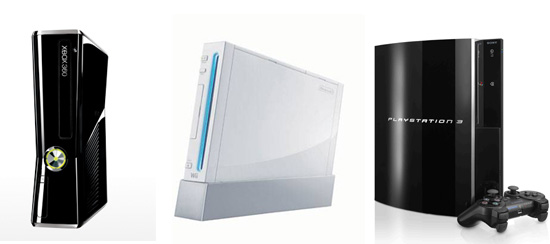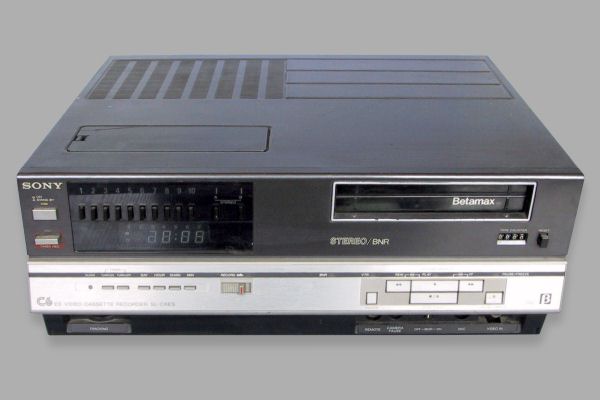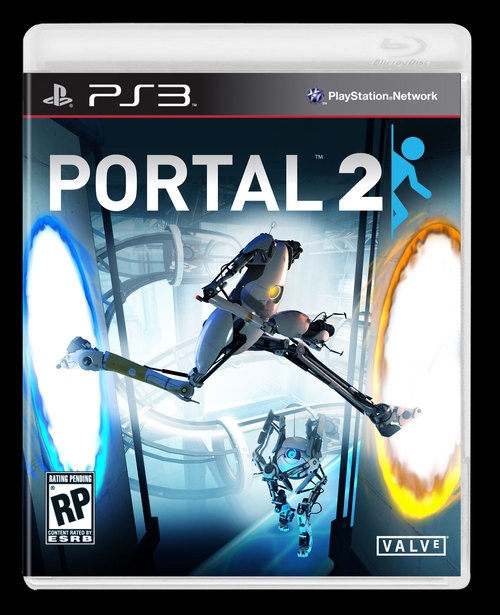This post has not been edited by the GamesBeat staff. Opinions by GamesBeat community writers do not necessarily reflect those of the staff.

How’s this for a loaded question? Are we headed toward a one-console future? I’d like to think so and always have since I reached an age where I could reason such things out. Think about it: Right now, video games are one of the only media where this type of divide exists. They have no universal standard. You can buy an e-book in proprietary Kindle, Nook, or iBook formats, but ePub is a free, open e-book standard. Music has MPEG 2 Audio Layer III (MP3), and film has MPEG-2 (used for DVDs). All three are channels through which you consume your medium of choice in one, universal form.
Console video games come in all sorts of formats. They are relatively new compared to the other major media. Because of this, I understand that they are constantly evolving and moving toward what they will one day become. But I think that it’s about time we start to look at this topic a bit more logically.
Back when VHS and Betamax were fighting for the industry standard, consumers wanted one thing, whether they knew it or not: Regardless of individual preference, one format needed to die in order for a standard to emerge. Music settled on WAV (for CDs), and something similar is happening with books. (I’m fully aware that this is still an ongoing issue with e-books, but then again, they are newer than video games. In any case, that's not the medium that concerns me.) For a more recent example, look at what happened to Blu-ray and HD DVD. Initially, sales for both were weak because consumers were reticent to support one format over the other. They were afraid that when the smoke cleared, they’d be in the loser’s corner.

The point is that these types of choices scare off potential customers. Look at how cable providers fight for our business. Some of them buy channels in order to offer them exclusively on their service. Have consumers benefited from this cable-company war by paying lower prices? That's debatable (probably not), but the fact remains that it's driven many people away. As an analogy, imagine an even more fragmented cable scenario dependent upon the hardware you own. What if a Sony TV only played channels 1 through 50, while a Samsung TV only played channels 51 through 100? Consumers would be outraged. And this is what we accept with our home consoles.
Competition between software and hardware standards has always been a prominent feature of the industry. But does that mean we can’t change it? As an industry we have to evolve. I’ve heard naysayers argue that "one console" would kill competition in the marketplace and lead to higher prices for consumers. I've never understood that. I think that these people assume "one console" means "one console manufacturer." Anybody could produce the "one console," which would have a universal file standard. This would lead to more competitive pricing. Also, software developers would face the same challenges and incentives to improve. Halo competes with Call of Duty, and Uncharted competes with Tomb Raider. It doesn't matter which platform they're on.
As it stands now, many titles are multiplatform, and a good amount of them suffer for it. If we only had one console, The Orange Box wouldn't have burned PlayStation 3 owners, and people with Xbox 360s would have received the best version of Final Fantasy 13 possible.
 In a one-console future, the only things to worry about are the accepted file standard, the industry-wide hardware specs, and the quality of the games. Consumers could buy from their favorite manufacturer in the same way I buy Sharp TVs and Hewlett-Packard computers. If Microsoft's hardware has a reputation for red-ringing, you can buy Sony's version. With a universal standard for files and hardware specs, you needn't worry about expensive alternatives or losing out on exclusive titles. And perhaps most importantly, it drops the barrier to entry for someone who is just stepping into the hobby. If we want the industry to continue to grow, we need to find ways other than the Wii to bring in new people.
In a one-console future, the only things to worry about are the accepted file standard, the industry-wide hardware specs, and the quality of the games. Consumers could buy from their favorite manufacturer in the same way I buy Sharp TVs and Hewlett-Packard computers. If Microsoft's hardware has a reputation for red-ringing, you can buy Sony's version. With a universal standard for files and hardware specs, you needn't worry about expensive alternatives or losing out on exclusive titles. And perhaps most importantly, it drops the barrier to entry for someone who is just stepping into the hobby. If we want the industry to continue to grow, we need to find ways other than the Wii to bring in new people.
It also makes economical sense: Most companies lose huge amounts of money on their hardware for a very long time. A single console standard would slash research-and-development and console-launch budgets. Companies like Sony, Microsoft, and Valve could push their services and concentrate on making and publishing quality games, which is where the real money is. Development costs would go down as well. Companies wouldn't need to hire a different team to make Portal 2 on the PlayStation 3.
When it's all said and done, I don’t expect this to happen anytime soon. Gaming is in its infancy, but it's worth thinking about the future if we hope to move the medium forward.
